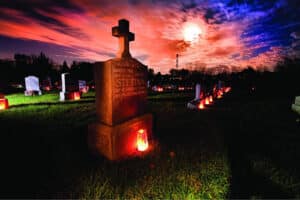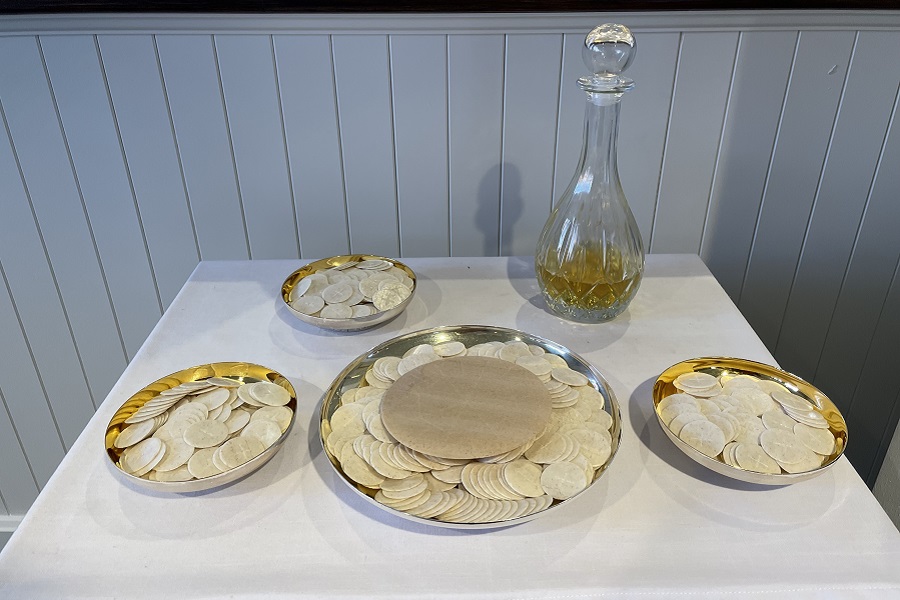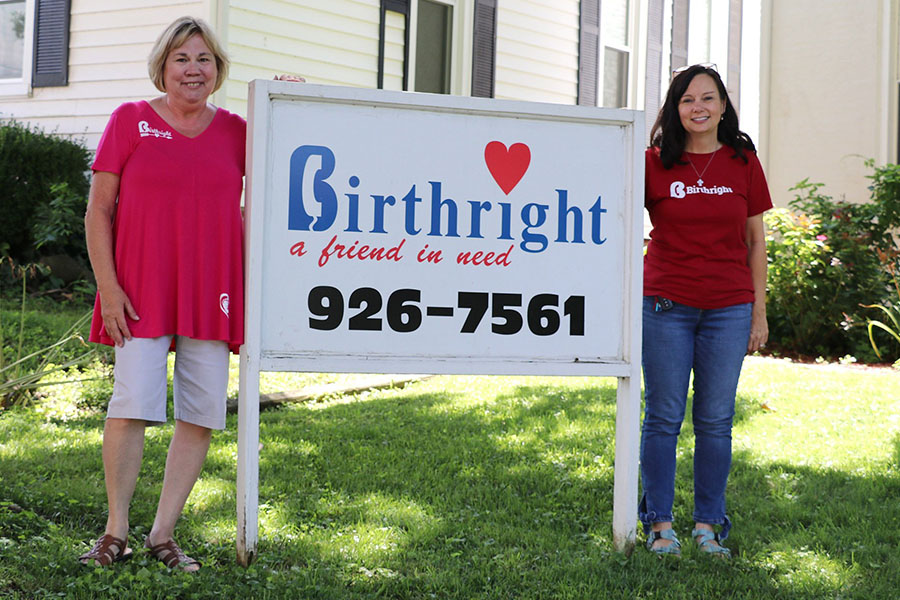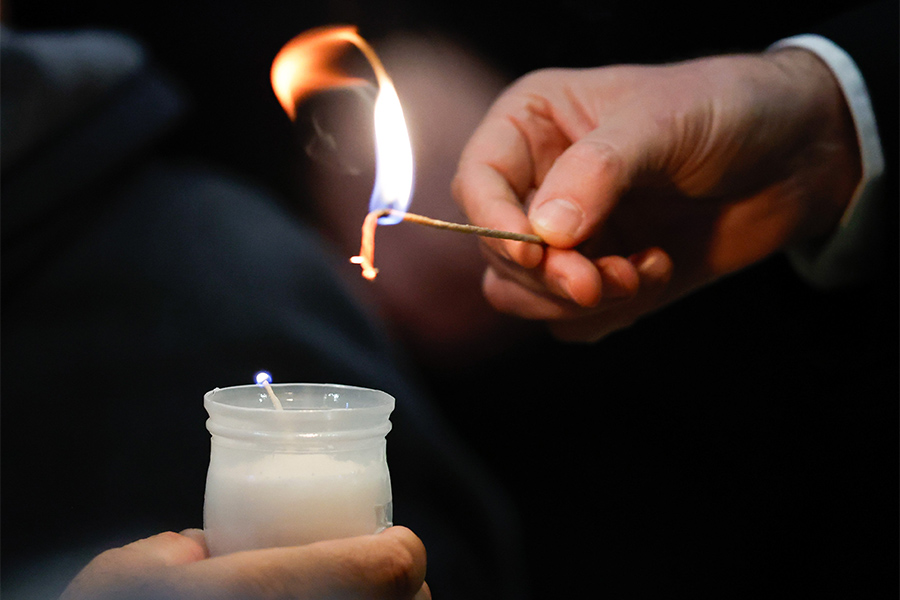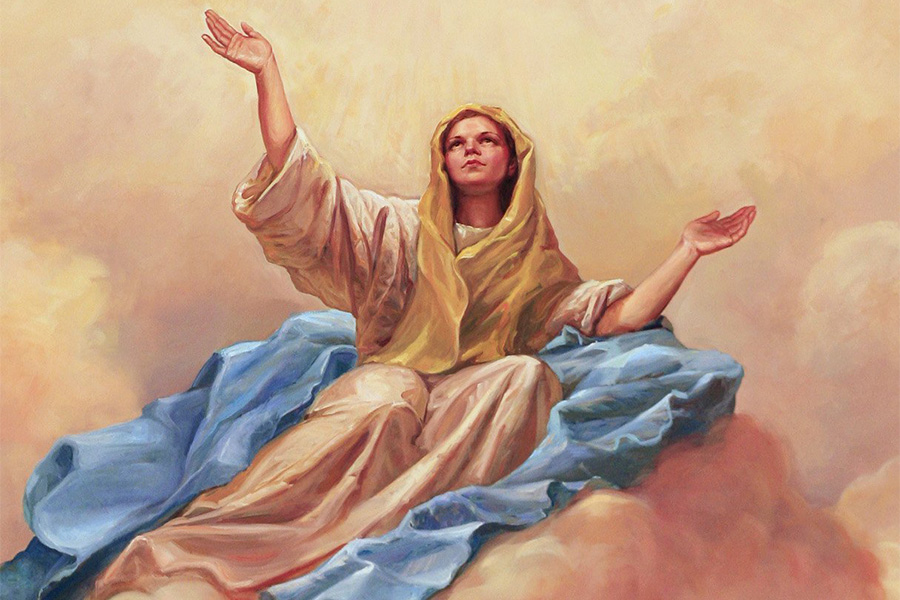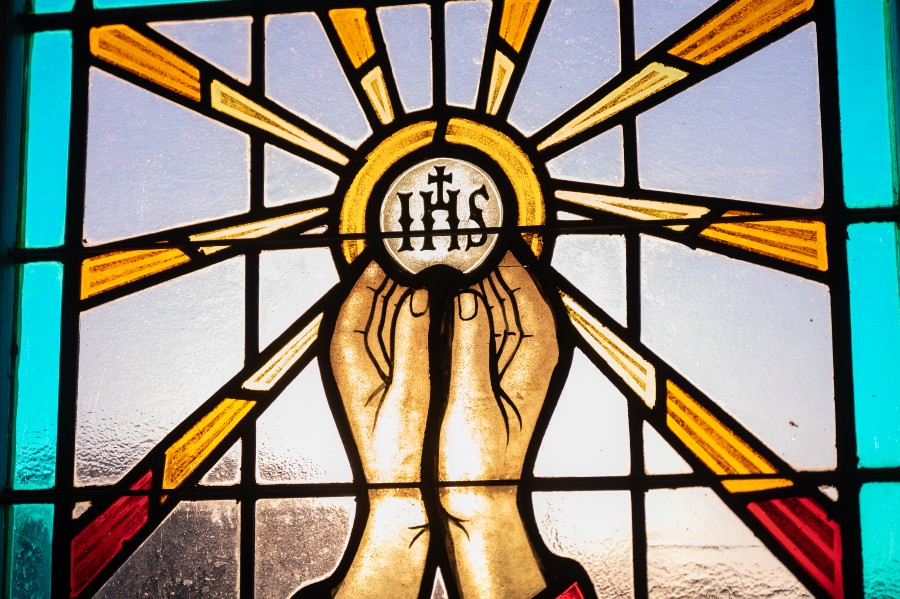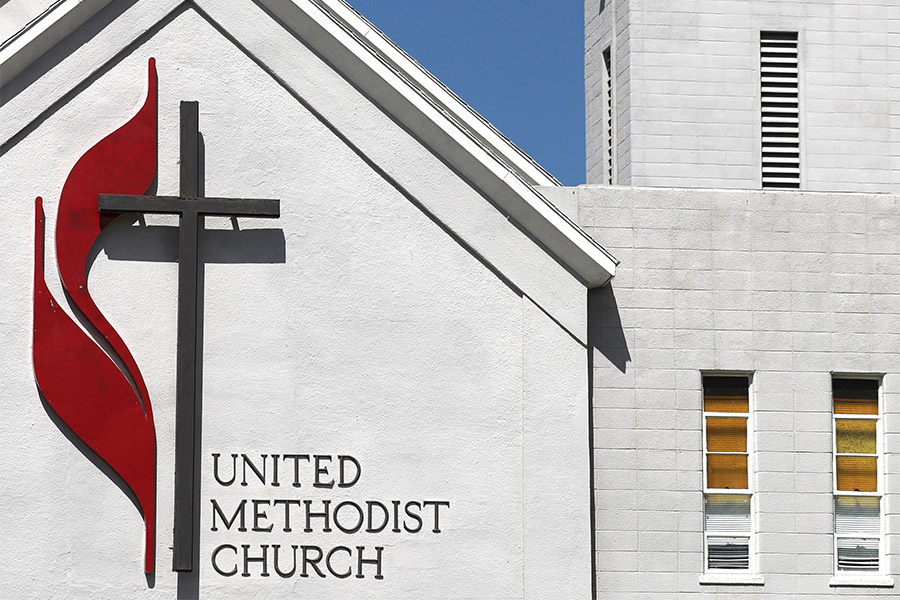In a family email thread a month or so ago, we were talking about one of our brothers, who died in a playpen accident before he was a year old, and what “age” he would be in heaven.
Matthew died while my mother was pregnant with me, so I never met him; I know him only through a photo of him that sat on our bookshelf – showing him smiling, in a highchair – and through the recollections of my siblings.
One of my brothers posited that those who die very young, such as Matthew, never really experienced the joys and sorrows in life. “How could they be ‘happy’ in the afterlife, not knowing what they may have missed in life itself?” he asked.
When I think about heaven, my first assumption is that it’s the absence of pain. My mother and father both died of cancer and had very painful times at the end. Of course, they also experienced the anguish of Matthew’s death and the pain of the deaths of their parents, siblings and close friends.
If heaven provides a place with no pain, would we need to remember what pain was so that we can better appreciate its absence? My eldest brother who started these musings – a retired math teacher, not a theologian, he will readily admit – thinks that in heaven, we are not bound by age or time, but simply “are – not attached to a mind or body, we would be but a pure soul (perhaps after a bit of cleansing in purgatory) that just enjoys being, with the knowledge of our past lives and eternity to just hang out and be.”
For a guy who, like my dad, taught people to enjoy and appreciate numbers, my brother can be pretty eloquent. And he’s not far off from what the church teaches, either. “This perfect life with the Most Holy Trinity – this communion of life and love with the Trinity, with the Virgin Mary, the angels and all the blessed – is called ‘heaven.’ Heaven is the ultimate end and fulfillment of the deepest human longings, the state of supreme, definitive happiness” (Catechism of the Catholic Church, No. 1024).
The Catechism also says that when the Kingdom of God comes in its fullness at the end of time, “the righteous will reign forever with Christ, glorified in body and soul” (CCC 1042). We won’t have the body that experienced pain or the soul that experienced anguish, but will be glorified in Christ.
The things that weigh us down in this life – fatigue, difficult jobs, pain, injustice, our sins – will all be gone in heaven. That enough can make us happy, in a similar way that a relaxing vacation or even a good nap on a Sunday afternoon can bring us happiness by lifting our yoke for a short while.
“All who die in God’s grace and friendship, but still imperfectly purified, are indeed assured of their eternal salvation; but after death they undergo purification, so as to achieve the holiness necessary to enter the joy of heaven,” the Catechism says, making a distinction between what’s called “purgatory” versus “the punishment of the damned.”
That’s why we pray for the dead, especially at this time of year for All Souls Day or Día de los Muertos. As Scripture says, Judas Maccabeus “made atonement for the dead, that they might be delivered from their sin” (2 Mac 12:46).
I pray often for the souls of my deceased family members and friends, that they may be with God – eternally happy, eternally ageless, eternally “being” – especially at each Mass during the eucharistic prayer when the priest prays for “all who sleep in Christ.”
I’m confident that Mom, Dad and Matthew are in heaven already, with no cancer, no painful bones or joints and no heartache. But I say a prayer for them anyway, just in case.
Read More Commentary
Copyright © 2023 Catholic Review Media
